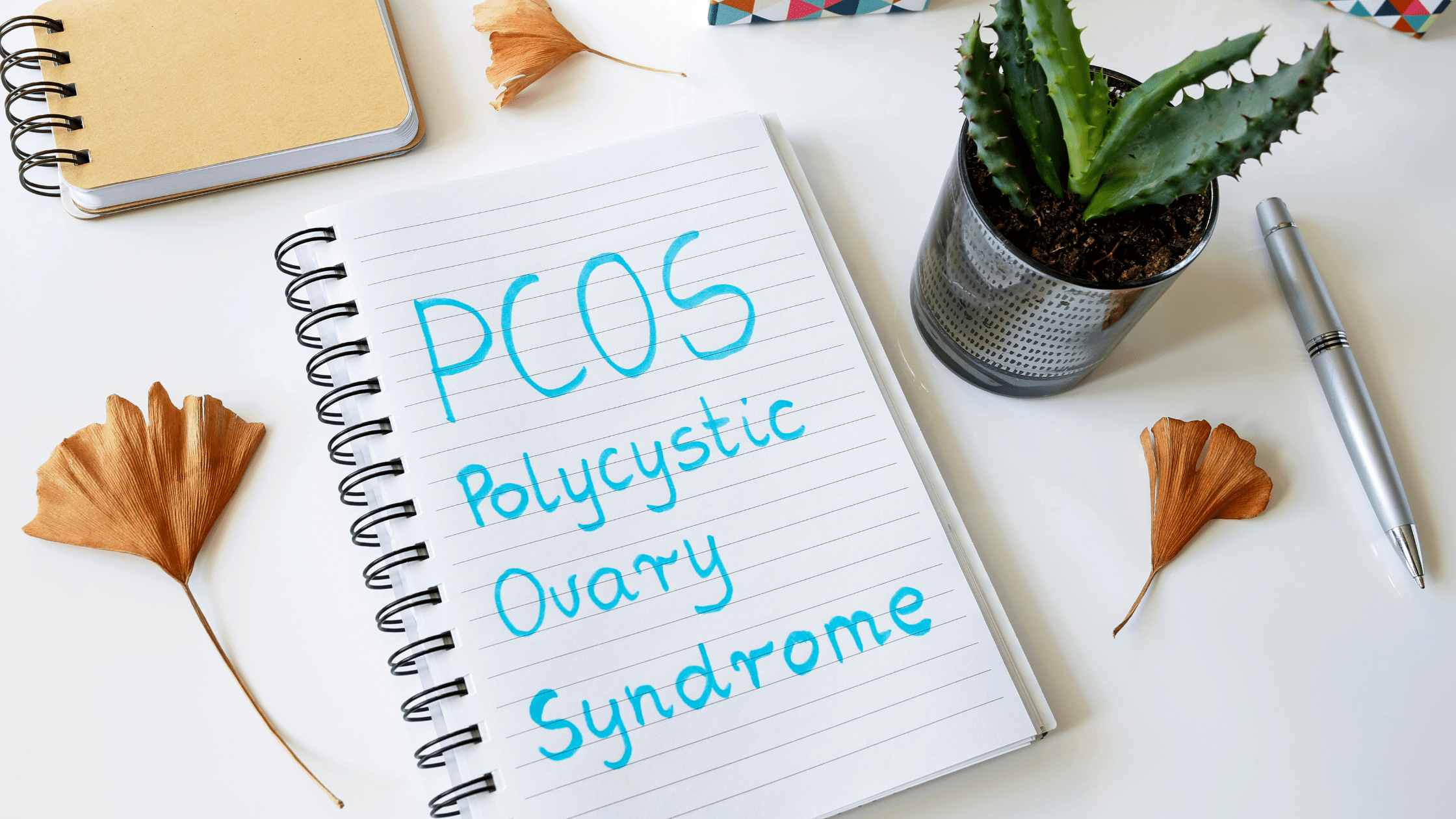PCOS (Polycystic Ovary Syndrome) and infertility

Although PCOS is one of the most common causes of infertility, the good news is, it’s also treatable.
What is PCOS?
Polycystic ovary syndrome is a very common condition affecting the function of a woman’s ovaries. Although the exact cause is unknown, it’s generally believed to be caused by a hormonal imbalance. Higher than normal levels of insulin are produced, contributing to the increased production of testosterone, which interferes with the growth, development and release of eggs. It often runs in families, which suggests a genetic link.
What are the symptoms of PCOS?
PCOS affects women of childbearing age. Symptoms include:
- Irregular periods Women with PCOS may find that their periods don’t follow a regular 28-day cycle and that they are having periods more frequently, less frequently or none at all.
- Difficulty conceiving Irregular ovulation or lack of ovulation may make conceiving difficult or impossible.
- Excess hair Women with PCOS may experience hair growth in places similar to men, for example, on their face, chest or back. Thinning hair on their head may also occur.
- Excess weight It may be difficult to lose weight
- Skin problems Acne and oily skin are common with PCOS.
Is there a test for PCOS?
There is no specific test to diagnose PCOS. Diagnosis is achieved by ruling out other causes of any symptoms and by conducting various tests and examinations, these may include:
- Discussion to find out if any of the key symptoms are present, or if there is a family history of PCOS
- Blood tests, to establish if there are higher than normal levels of male hormones or if the symptoms are caused by another condition
- A physical examination, to look for visible signs of PCOS, such as excess hair growth, acne or a higher than usual BMI
- A pelvic ultrasound to look for polycystic ovaries
How can lifestyle changes affect my chances of conceiving with PCOS?
One of the symptoms of PCOS is excess weight. This can be a contributing factor to infertility. By taking regular exercise and having a healthy, balanced diet, you can increase your chances of getting pregnant. A healthy BMI is also beneficial for your general health and well-being and will help to counter against other health risks from PCOS in later life, such as diabetes and high cholesterol.
Can taking medicine help me to conceive with PCOS?
There is no cure for PCOS, but taking certain medicines can relieve your symptoms and increase your chances of becoming pregnant.
Clomifene can be prescribed to help you to get pregnant if you are not ovulating properly. Taking clomifene results in stimulation of the ovaries to ovulate. Other medicines may also be recommended by your GP or specialist, for example, metformin can lower insulin and blood sugar levels, stimulate ovulation and lower the risk of miscarriage. As with all medication, any treatment for PCOS and infertility should be prescribed by your GP or specialist, who is aware of your full medical history.
Can surgery help me to get pregnant with PCOS?
In the case of fertility problems that don’t respond to tablets or injections, surgery may be suggested as an option. This involves a minor surgical procedure called laparoscopic ovarian drilling (LOD), which takes place under general anaesthetic. A long, thin microscope is placed into the abdomen and the ovaries will be treated using heat or a laser, to temporarily restore hormone balance and normal ovarian function.
Are there any risks to me or my baby from PCOS during pregnancy?
Women with PCOS are more at risk from miscarriage, gestational diabetes and pre-eclampsia. There is also more likelihood of needing a C-section and of the baby being born heavy and needing to spend time in neonatal intensive care.
Risks to you and your baby can be lowered significantly by
- Having a healthy BMI before getting pregnant
- Having a healthy lifestyle before getting pregnant, including regular exercise and a balanced diet, to achieve healthy blood sugar levels
- Taking folic acid, which is recommended for women to take before getting pregnant and during pregnancy
Our aim at The IVF Network, is to support couples at every stage of their infertility journey. We provide information through our website, blogs and channel and we have a range of medical experts speaking about aspects of fertility, pregnancy and health.